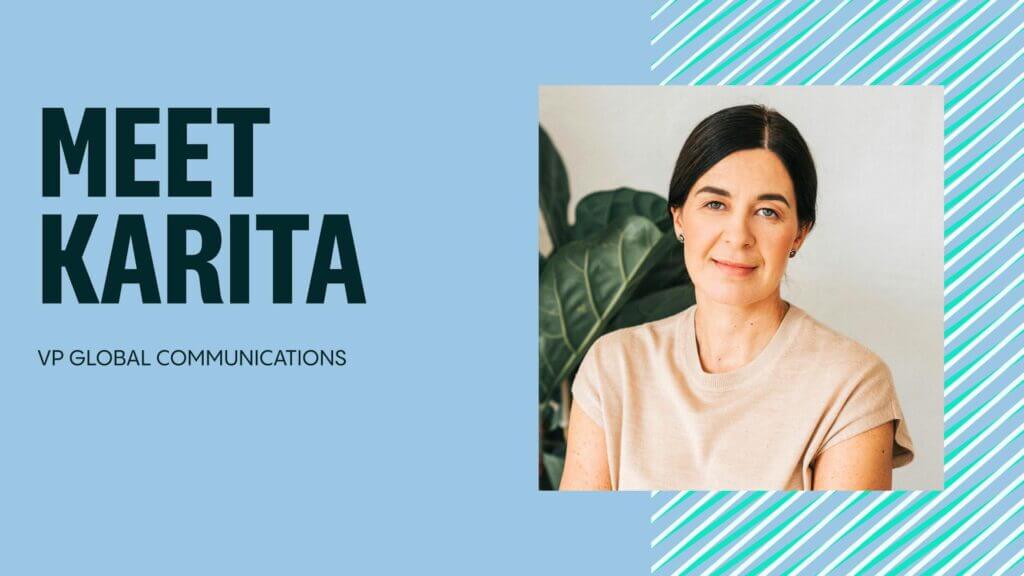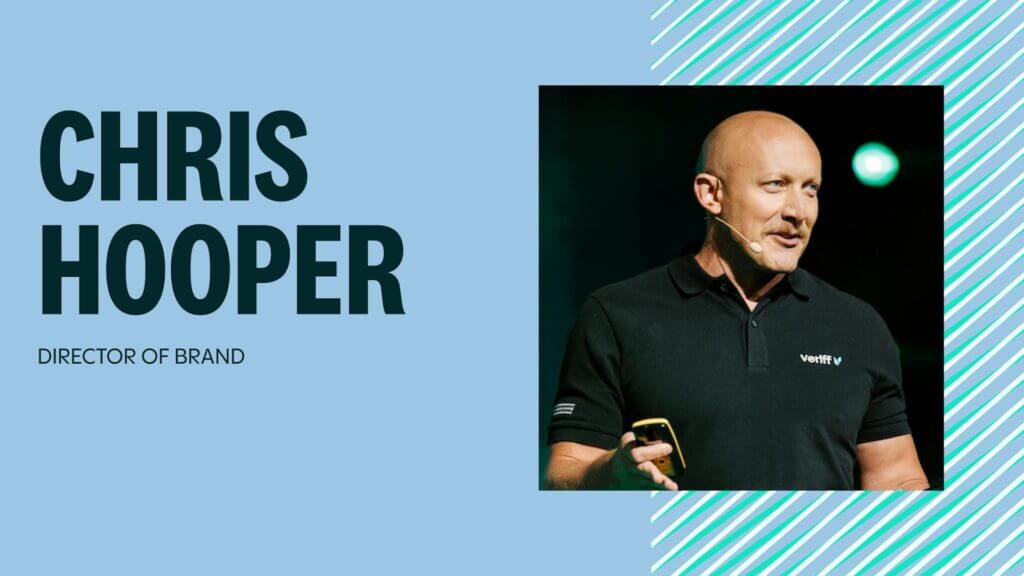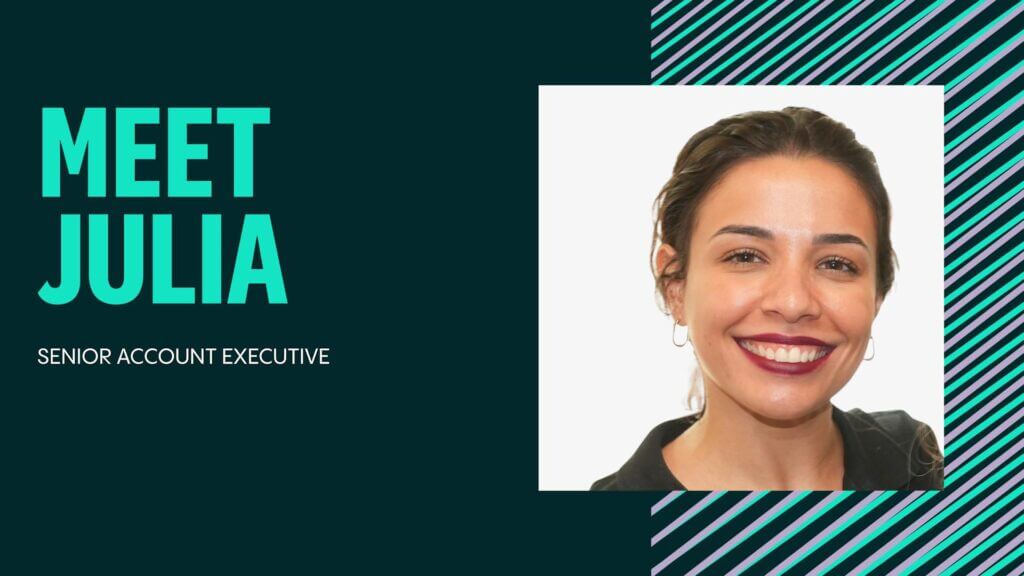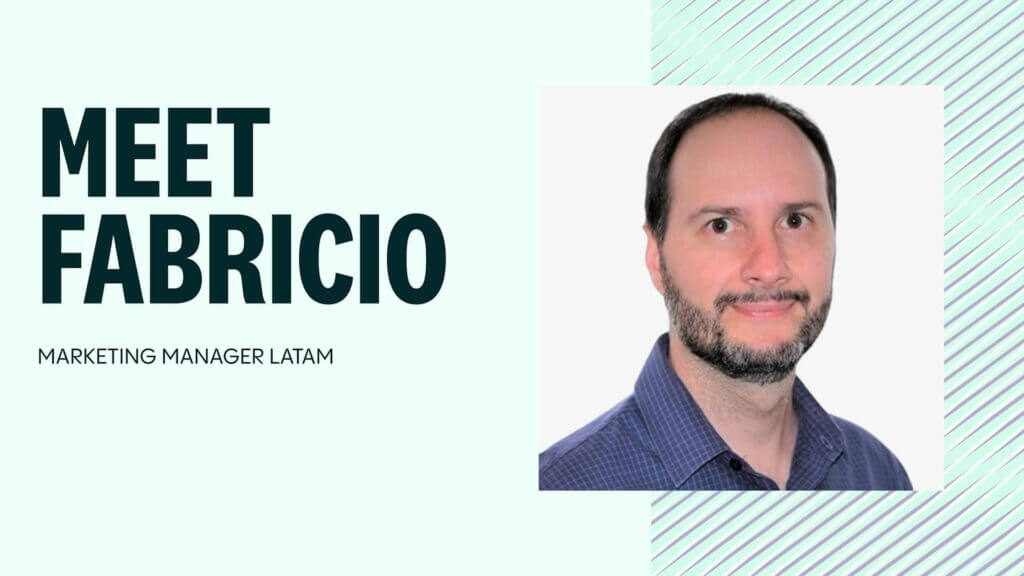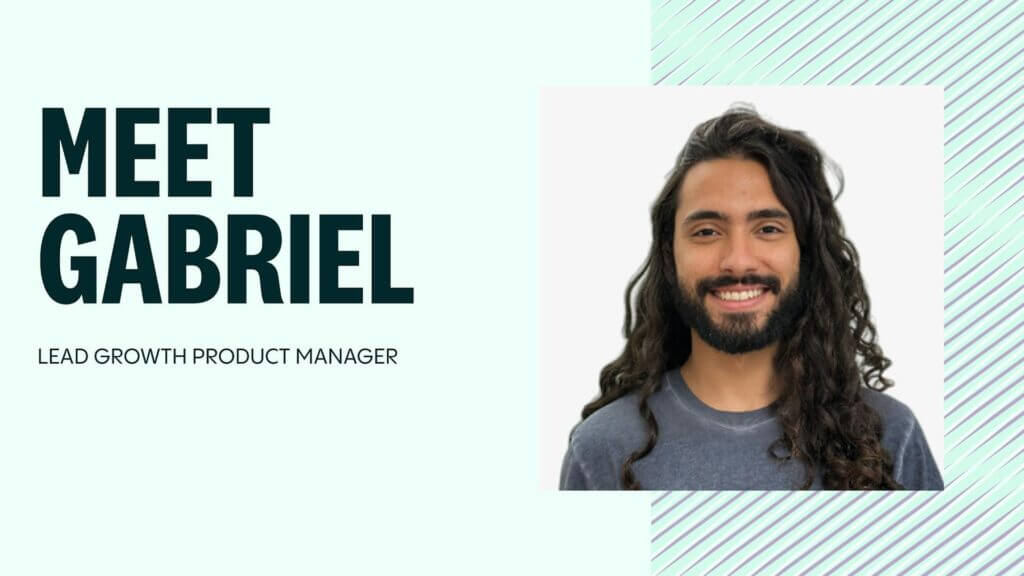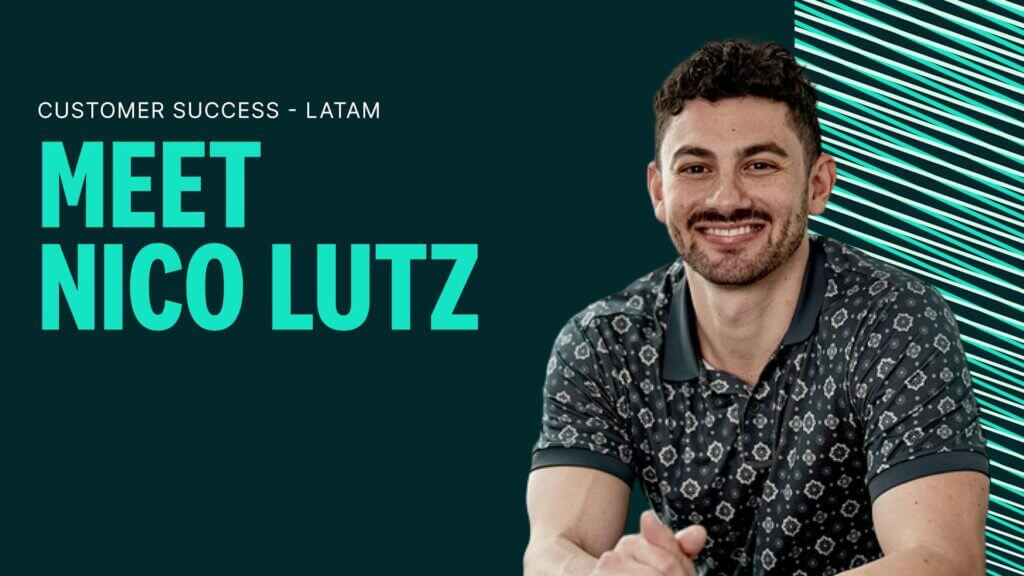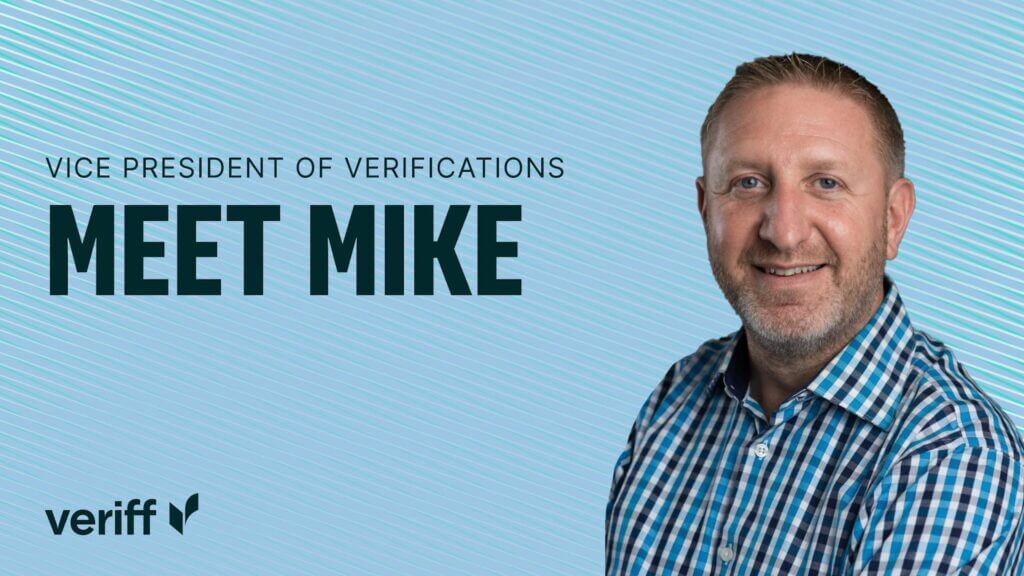Our People
Focusing On The Positive Results In Unexpected Benefits
We welcomed Dr. Eva-Maria Kangro to Veriff (remotely of course) earlier this year to give us six sessions on how brain hacks can help boost positivity, productivity, and manage anxiety. Here, she expands on the lessons in those sessions and how they could help you.
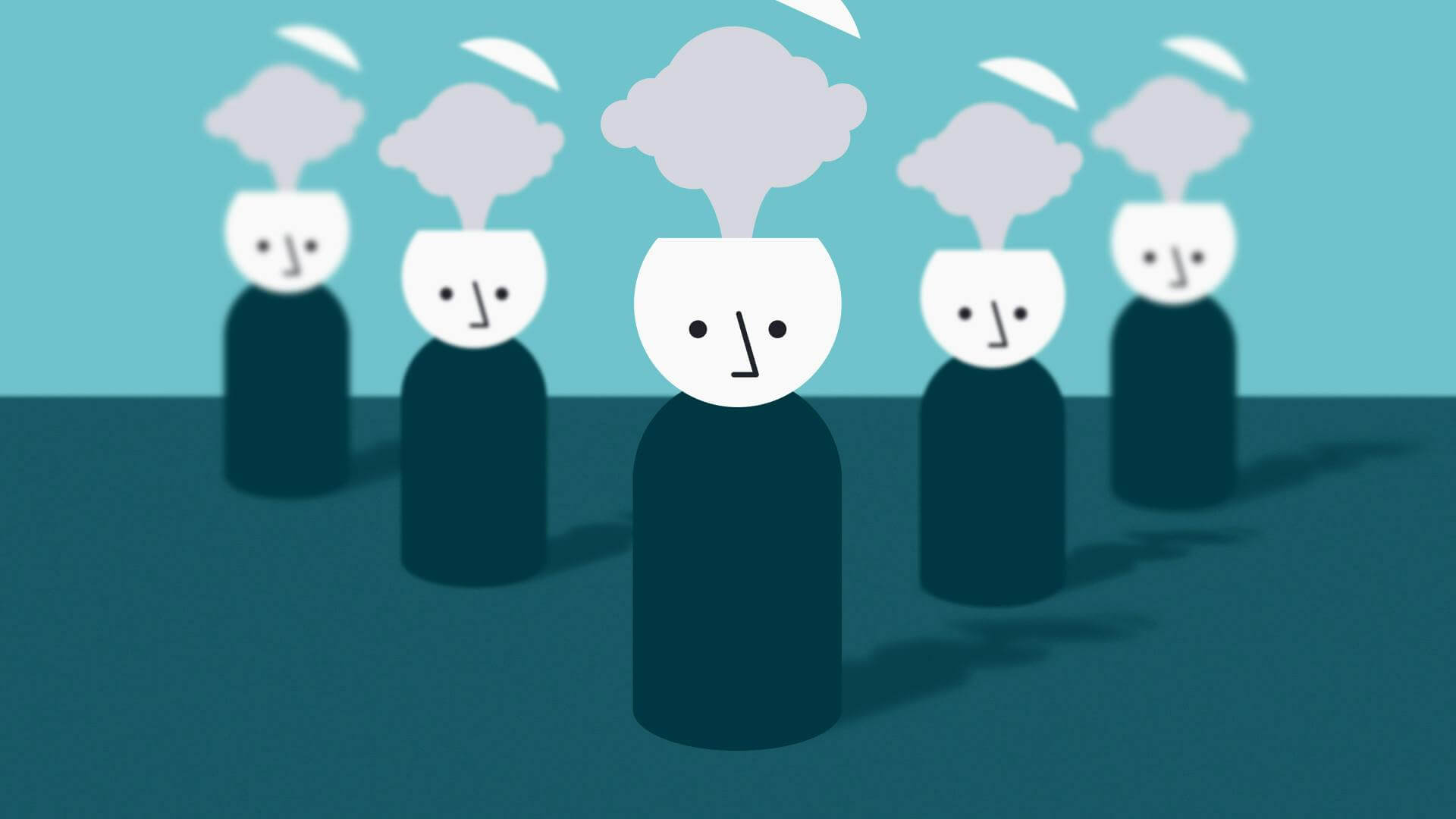
The past year has been full of challenges, not only because life in a startup can have its ups and downs but also because we were pushed into a new reality due to the global pandemic. General uncertainty and constant change has its impact on people’s daily lives.
Veriff decided to make it a priority to focus on its team members mental and physical health. As one initiative, we organised six sessions looking at “Brain Hacks” to help our team members to be more aware of their self management, give tips to improve deep work and focus time, manage anxiety and see how understanding brain chemistry can help us. The Brain Hacks were facilitated by Dr. Eva-Maria Kangro and co-facilitated by Greetel Joanna Võrk from Miltton.
You’ve probably noticed how rewarding it is to receive positive feedback, feel gratitude, get something done, enjoy delicious food, or have a hug. These are just a few examples of the power of affirmations that feed our well-being and motivation.
The brain needs the experience of success, feeling of sincere gratefulness, and joy to cope well with stress and stay fit. Sounds pleasant, indeed. But what makes the effect of affirmations so powerful for the human mind? Let me explain.
1. More beneficial neural connections
Everything we perceive, feel, and think is about the connections between nerve cells (neurons), forming a complex neural network. Connections that are in use, get stronger, and those not in use, become inactive. In other words, the more we recognise positive moments and evoke empathy in everyday life, the stronger and more resilient those connections become and the better we feel. So, well-being and productivity greatly depend on the connections we create and reinforce.
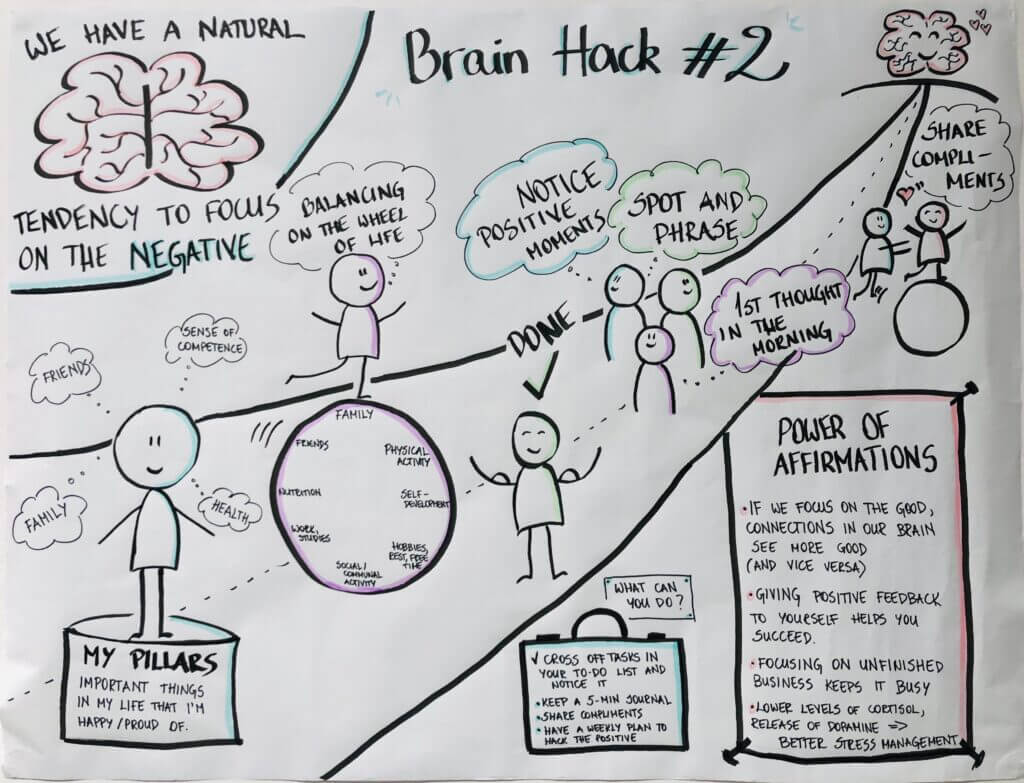
2. Sense of completeness and control
Anxiety and stress are often related to the overload of unfinished business. But the core of the problem is rarely linked to the fact that there is a lot to do. Rather, we forget to reinforce what has been done before jumping into our next activities. The brain needs to perceive the sense of completeness and control in order to function well. Help your mind to close the deals: focus step by step on what is DONE, instead of loads of “nexts”.
“What I’ve had to practice a lot is solving problems that seem overwhelming at first. When I realise I have a problem and that I can do something about it, I focus on not overthinking, but chopping the problem up to small practical steps that can be taken. The problem then eventually disappears in a very practical way,” said Geir, a participant at Brain Hacks.
3. Activation of well-being neurochemistry
Focusing on positive details in yourself and your surroundings fills the brain with neurotransmitters that boost activity, motivation, and well-being. For example, positive self-talk activates the release of serotonin that plays an important role in good mood and self-regulation. Another neurotransmitter, dopamine, is sensitive to rewards and pleasures, and contributes to complex problem-solving. Endorphins, our natural pain killers, help us to cope with stress and strive hard.
4. Wise critical thinking
Focusing on the positive is a habit that helps you to avoid getting trapped into negative rumination. It’s actually the core of critical thinking: embracing both negative and positive circumstances with an open mind. To be honest, this fine game requires practicing.
“What I took from Brain Hacks and still use, is taking a step back from difficult situations and evaluating it as a bystander,” said Jan-Ross who took part in several Brain Hacks sessions.
A secure and friendly climate in the mind allows you to curiously face difficulties and uncertainties, instead of falling into the fight-flight-or-freeze mode. Besides, like any other complex skill, critical thinking needs constant care and training. Self-acceptance and positive reinforcements are an important part of making progress.
The tricky mind
Still, there is an obstacle that makes the game a bit complicated: the mind’s tendency to treat negative experiences differently from positive ones. Everything negative is automatically seen as abnormal and harmful, thus getting immediate attention accompanied by alarming emotions. So it is understandable why negative emotions are so quick to occupy the space of the mind. Positive signals, on the other hand, are seen as normal, self-evident, and of little importance. And here’s the key! The reality is exactly the opposite: paying conscious attention to the positive aspects of everyday life enables beneficial neural connections and allows the brain to think sharper.
It’s about continuously spotting positive details, both in yourself and the surrounding world.
Does it mean that we should switch on positive thinking mode?
Trust your common sense, the answer is NO. It would certainly be naive and even silly to ignore threats and mistakes. Imagine yourself being a sailboat that starts leaking in the middle of the sea. What would you do? First of all, you probably mobilise your power to find the leak point, i.e. hit the source of the problem. But for moving on, it’s not enough. You need to get the wind in your sails in order to proceed. In other words, focusing on your strengths and conditions that support your energy helps you to make progress and feel more satisfaction.
When making a conscious choice to pay more attention to positive details, it doesn’t take you long to discover that stressful situations are easier to handle, and you can feel much more balanced and happy.
* * *
Brain Hacks embody the natural way of learning – developing practical awareness about mental health strategies bit by bit, based on testing and feedback.
Interested in a career with Veriff? Learn about our people and the application process here.




